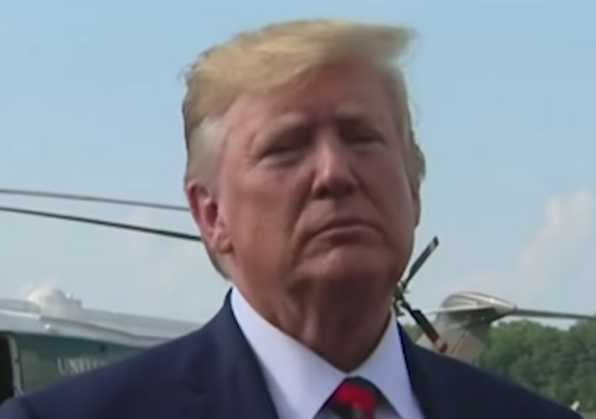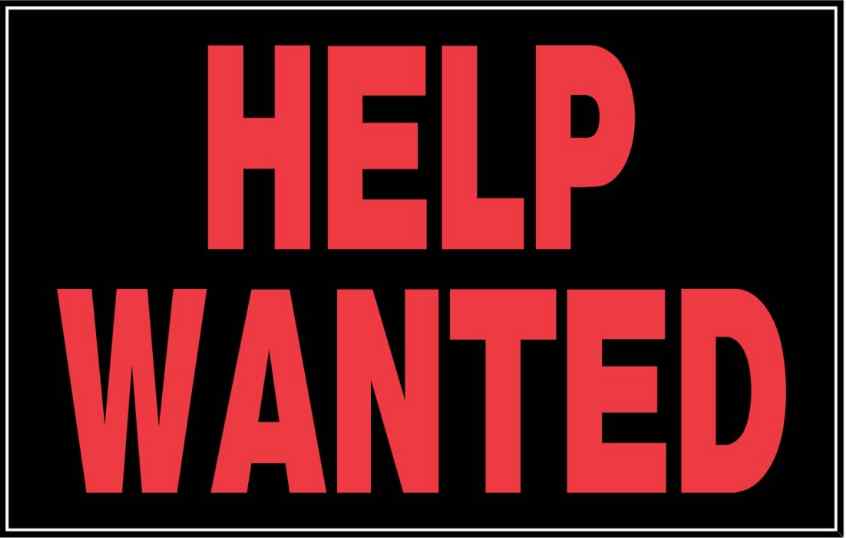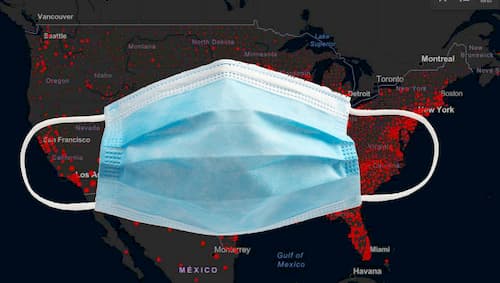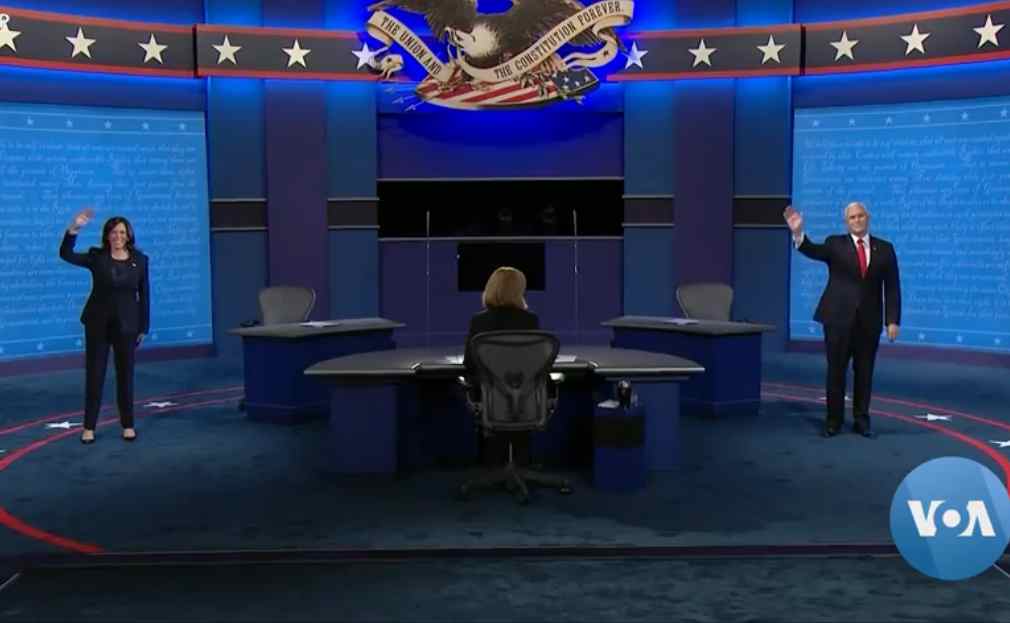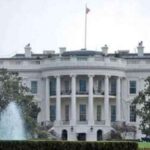
The Trump administration is moving ahead with its focus on states easing lockdown restrictions and reopening parts of the U.S. economy, while also dealing with coronavirus infections among White House staff.
At least two White House aides have tested positive for COVID-19: a valet for President Donald Trump and the press secretary for Vice President Mike Pence.
A spokesman for Mike Pence said the vice president has tested negative and will return to the White House on Monday where is he scheduled to hold a video conference with state governors on the response to the coronavirus and “economic revival.”
“Vice President Pence will continue to follow the advice of the White House Medical Unit and is not in quarantine,” spokesman Devin O’Malley said in the statement Sunday.
Dr Anthony Fauci – a White House chief expert in the fight against the coronavirus – is self-isolating although he has tested negative. Two other top members of the White House coronavirus task force – Food and Drug Administration chief Stephen Hahn and Centers for Disease Control and Prevention Director Robert Redfield – are self-quarantining for two weeks after attending a meeting where one of the infected staff members was present.
More than 1.3 million people in the U.S. have been infected and more than 80,000 people have died.
New York, the hardest-hit U.S. state with nearly 27,000 deaths, is looking to reopening some businesses Friday, following similar moves in many other states that have seen fewer infections.
As part of the plan, New York Governor Andrew Cuomo ordered mandatory coronavirus testing twice a week for workers at care homes in his state.
In his Sunday briefing, Cuomo said that care facilities, some 600 of them, that fail to meet the new requirements will lose their operating licenses.
Elderly people account for one-fifth of the deaths in New York, or about 5,300. Cuomo has been criticized for neglecting that age group. He resented the accusation. “This virus uses nursing homes. They are ground zero. They are the vulnerable population in the vulnerable location,” he said.
According to the new rules, hospitals can no longer discharge patients back to care homes unless the patients have tested negative for COVID-19.
New Zealand, which instituted nearly five weeks of strict lockdown to prevent the spread of the virus, is set to further ease its restrictions Thursday, with people being allowed to go to restaurants, movie theaters and malls.
“So today I am announcing that cabinet agrees we are ready to move into Level 2. To open up the economy, but to do it as safely as possible,” Prime Minister Jacinda Ardern said Monday.
[content id=”79272″]
People will also be allowed to travel within the country again Thursday, while schools and bars will be allowed to reopen next week.
France loosened its restrictions after eight weeks of lockdown Monday, allowing people to go out without permits and some shops to open. Like in many areas, the approach is cautious, with bars, restaurants and theaters still closed.
Spain, Belgium and Greece are also easing restrictions Monday, while British Prime Minister Boris Johnson says it is too early for his country to do the same.
“We will be driven not by mere hope or economic necessity,” Johnson said. “We’re going to be driven by the science, the data, and public health.”
South Korea, which for weeks has had very low numbers of new infections, reported more than 30 new cases for the second day in a row Monday. Most of them were connected to an outbreak at nightclubs and bars in Seoul, but officials are worried about a re-emergence after efforts to bring the spread of the virus under control.
“Our top priority is to minimize the spread of the infections in the greater Seoul area,” Prime Minister Chung Sye-kyun said.
Worldwide, the number of confirmed coronavirus cases has surpassed 4.1 million. The global death tally is more than 282,000, according to Johns Hopkins University statistics.
Source: VOA


